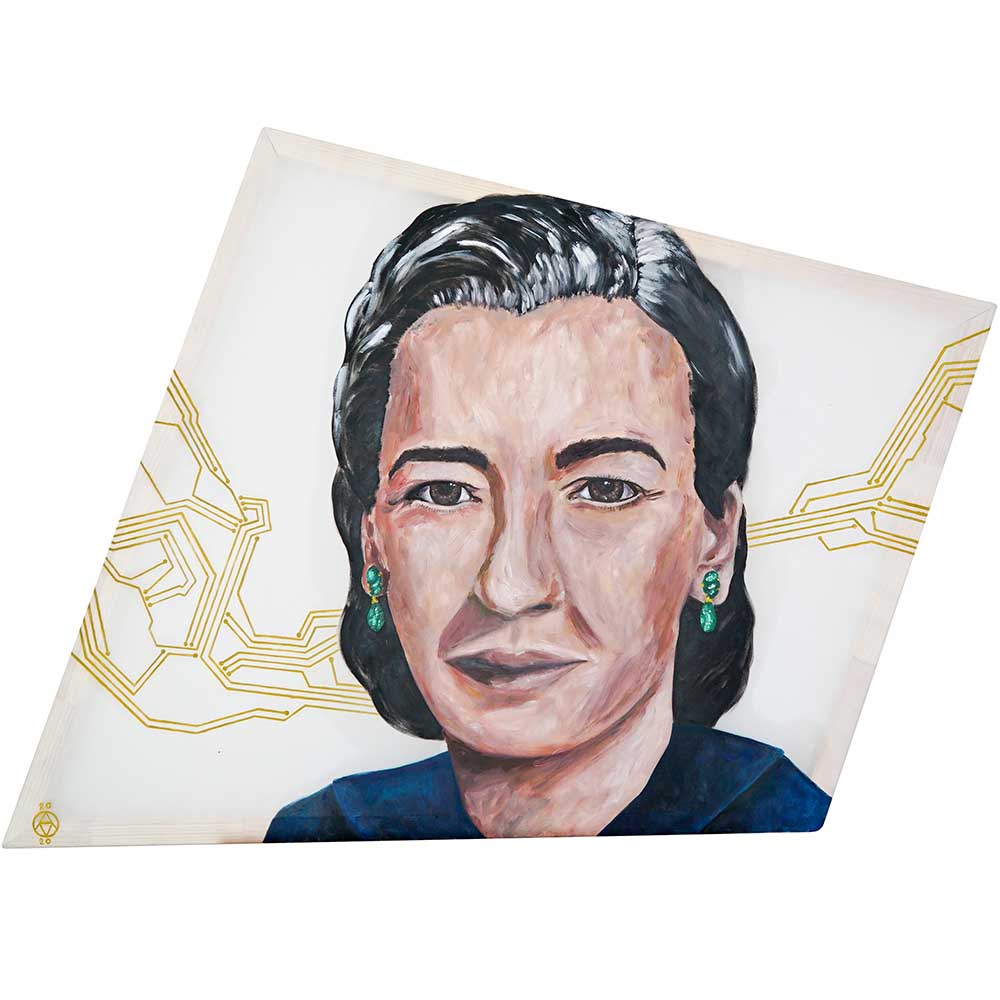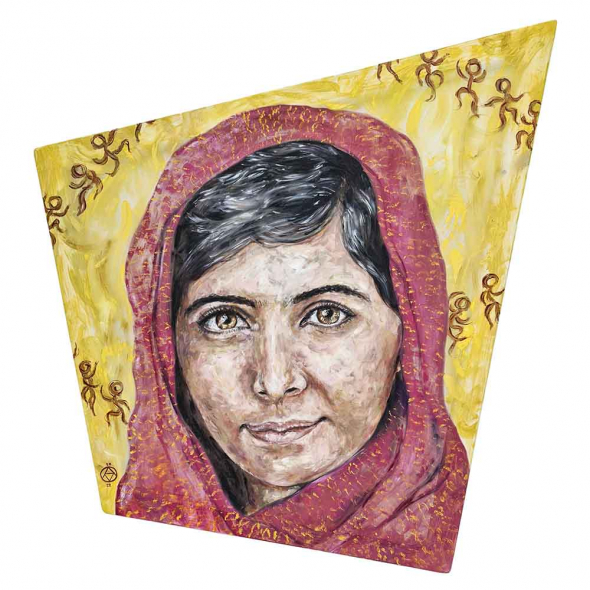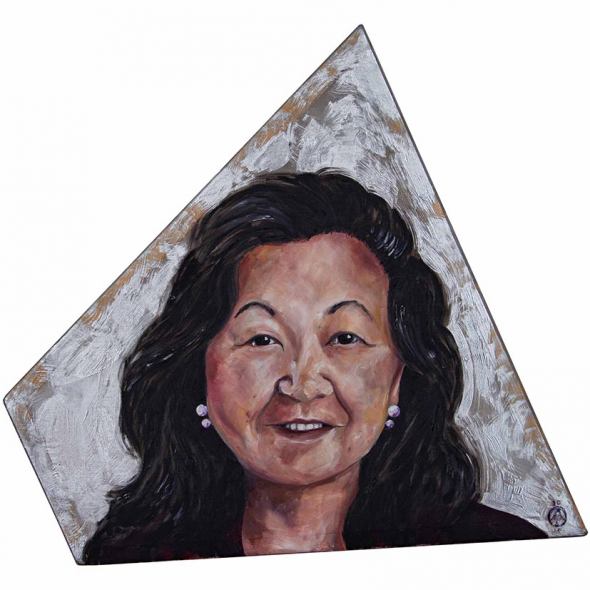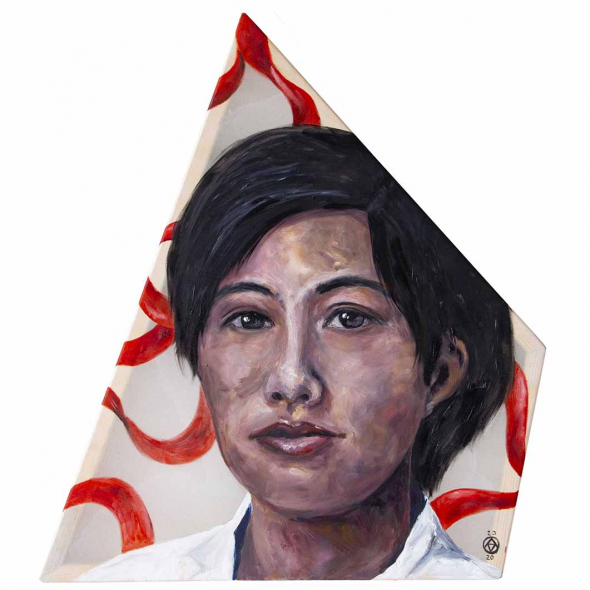“It’s just like planning a dinner. You have to plan ahead and schedule everything so that it’s ready when you need it. Programming requires patience and the ability to handle detail. Women are ‘naturals’ at computer programming.”
To really understand the significance of Grace Hopper’s work on computing language, think of this.
You might have heard of ‘binary’ notation - that the basis of all computing language is ones and zeroes. This sort of thing:
1110001001101010111010101
Everything that a computer does can be reduced to many ones and zeroes.
How many? Well the Microsoft Windows programme takes about 20GB to run, which equates to 170 Billion ones and zeroes. Or, as many ones and zeroes as grains of sand on a 20 metre stretch of beach.
Imagine programming that from scratch…
The upshot of Hopper’s work on compiling - automatically translating what we want machines to do into this form of code - is that we don’t have to programme individual computers and functions from scratch.
And what would you guess is the motivation behind this remarkable achievement?
Laziness. By her own admission, she found manual programming extremely tedious and hoped that the introduction of compilers would allow the computer programmer to return to being a mathematician.
This might seem obvious to us now, in hindsight, but at the time it was a remarkable leap of thinking that has changed computing forever and advanced it tremendously.
Passion for machines
A young Grace Hopper’s fascination with machines is probably best illustrated by a lovely story from her childhood: curious to understand how her alarm clock worked, she took it apart to have a look inside. Not content to stop there, she then did the same to seven other clocks in her house before her mum found out…
This passion for machines translated into a wider mission throughout her career: to bring computing to a much wider audience.
After completing her Masters Degree in Physics and Maths at Yale University, and then her Maths phD 4 years later, Hopper returned to her alma mater, Vassar College, to teach maths and begin her research into computers and machine language.
She served in the Navy Reserves from 1943 and she stayed in her research fellowship under a Navy contract, who saw the amazing potential of her work to revolutionise military technology.
Even so, Hopper found that throughout her career she had to fight for the genius of her work to be recognised. She claimed that, on developing her first working ‘compiler’ in 1953, no one was interested in it because “computers could only do arithmetic”.
6 years later, she finished developing her new computer language - COBOL (standing for “COmmon Business-Oriented Language”) - and worked to standardise computing language throughout the world to make it more effective and accessible.
Her work saw her secure a stream of prestigious awards. In 1973, she became the first woman and the first American to be made a Distinguished Fellow of the British Computer Society, and by the time she retired from the Navy in 1986 (aged 80), she had attained the rank of Rear Admiral. She continued working to the end as a consultant to the Digital Equipment Corporation and was awarded the National Medal of Technology in 1991, several months before her death.



